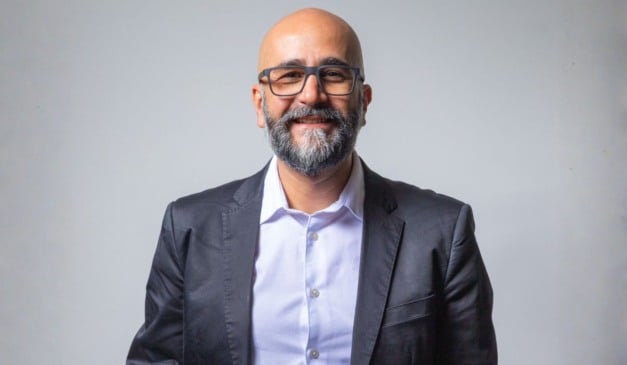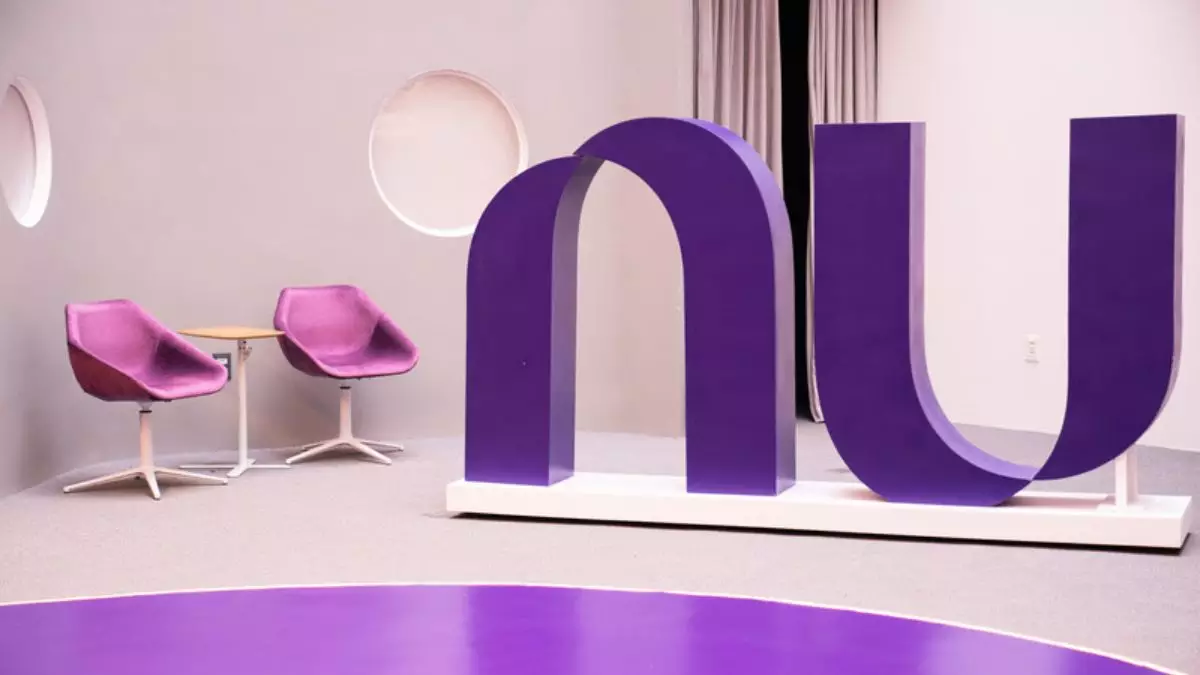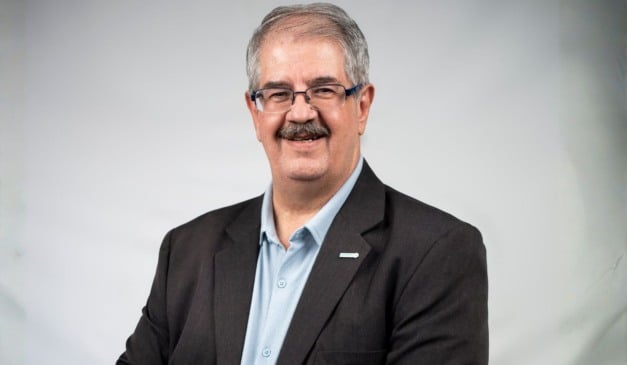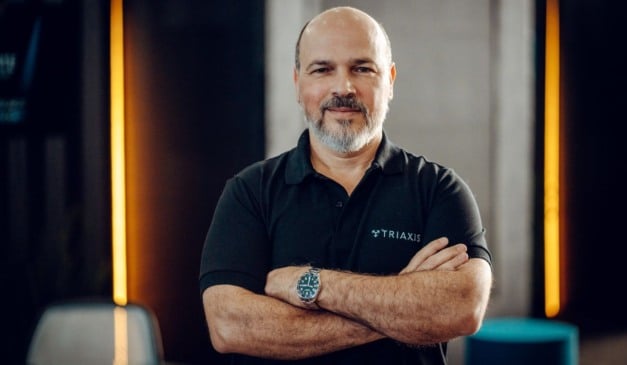
One year after entering the Brazilian market, Casai has reasons to celebrate. Driven by trends such as remote working from anywhere and the increasingly blurred lines between leisure and work, the proptech is ready to expand its presence in what has become its most representative market in Latin America.
Even with the challenges brought over the hospitality sector during the pandemic, the short-term hosting platform said it quadrupled its revenue in Brazil during the last year. Without disclosing exact figures, the startup says it had a local revenue growth of 85% in the first quarter of 2022 compared to the last quarter of last year.
With 700 apartments under management in upscale neighborhoods in São Paulo, Rio de Janeiro and Florianópolis, the company claims to have an occupancy rate of around 90%. Founded by Nico Barawid and Maricarmen Salazar in Mexico in 2019, the company now has its main operation in Brazil, both in terms of revenue and territory coverage. In 2022, Casai wants to reach 2500 units between its home country and Brazil, where it should start operations in one more city.
“Our value proposition has found an instant product-market fit in Brazil,” said Casai‘s general director in Brazil, Luiz Mazetto, in an exclusive interview with Startups. “We had a hypothesis around the size and responsiveness of the market, which proved to be true. Our occupancy rate reflects a lack of quality supply and, above all, a high level of demand.”
The company’s year was also important in terms of acquisitions, with the purchase of Loopkey, an access control system, and Roomin, a startup that operates, designs, rents and manages properties in Santa Catarina. The startup continues to analyze possible future acquisitions. “Technology companies, which have a strong element or synergy with our experience and operation, are opportunities that we constantly look at in the market”, said Luiz.
The company has raised more than US$ 53 million since its founding, from investors such as Monashees, Kaszek and Andreessen Horowitz – who also invests in Brazilian proptech Loft and whose partner Ben Horowitz is invested by Kaszek. In other words, everything is – literally – at home.
At the time of its launch in Brazil, the company had set aside 100 million Brazilian reais ($20 million) to invest locally. According to Mazetto, this was an initial commitment and the need for additional resources for the Brazilian market is being reviewed by the company with its investors, as expansion plans advance.
Perks and tech: how Casai wins over customers
The company’s value proposition is something between the Airbnb hosting experience (the startup even uses the platform as a distribution channel, in addition to its own website and app) and what the customer would find in a hotel. The properties are equipped with a kitchen and high-speed Wi-Fi, smart devices and digital locks, and the customers find amenities from local brands such as Granado – a popular self-care products company in Brazil. Guests can also find complimentary snacks and drinks in the apartment, such as Colorado craft beers.
The technology-backed experience is the icing on the cake: a concierge service via WhatsApp automates the check-in process and is available to ease all aspects of the stay. Behind the scenes, the startup also makes intensive use of systems that orchestrate the logistics, leasing and management of the apartments, including services such as cleaning, to ensure the smooth running of the operation.
According to Casai, more than 30% of guests have booked more than one stay, a rate the startup considers high. “When you compare this recurrence – the possibility of a user returning to a city where Casai is present and staying with us again – with benchmarks from the SaaS (software as a service) industry or even the hospitality sector, it is a very impressive number”, said Mazetto.
Some changes have been noted by proptech over the last year. As Luiz points out, before the pandemic the idea was to focus on shorter stays. After Covid-19, the proptech began to notice the emergence of customers interested in working remotely from different locations for a longer duration. At the same time, the demand for the experience of working in cities with tourist potential increased – a trend dubbed “bleisure”.
“When these trends are accelerated, new user profiles are created, such as digital nomads, which Casai‘s product serves very well, both for shorter and longer stays”, Mazetto said.
Value for owners
Casai does not have real estate assets on its balance sheet: the apartments belong to developers and investment funds, with which the startup closes operational sublease agreements. To guide the decision on which cities to enter, some aspects are considered: the discrepancy between demand and supply of accommodations that meet the profile of the customer interested in the experience offered by the startup.
In addition to the amenities for guests, the startup offers advantages for those who make apartments available for rent through the platform. Without revealing their fee, Luiz points out that proptech is able to deliver a profitability 70% higher than what is practiced in the traditional rental market. Another element of the value proposition is the transformation of the asset itself, as the company promises to revamp properties with its own team of designers and projects, at a faster pace and lower cost.
Based on the appeal of the model, the startup launched in the end of 2021 a real estate investment fund in the Brazilian stock exchange (B3), together with XP Investimentos and Navi Capital. The focus is short-term rentals, to monetize the properties managed by proptech. According to the companies, the fund is yielding 14% a year.
The ocean in which Casai swims is getting increasingly red, with competition including names like Housi, Yuca and Tabas, all offering “all-inclusive” rentals, but the Mexican company remains confident. “We have a very big differential, which mainly includes this resilience and adaptive power that we created during the pandemic. The results that we ended up delivering show this”, Mazetto said.
The focus on digital also counts as a way to guarantee satisfaction – and return – from customers. “As much as the physical component of the product is very strong, technology is a fundamental part for us to be able to maintain a high level of experience, and grow in a scalable and sustainable way”.
(translation by Leandro Miguel Souza, editing by Angelica Mari)







